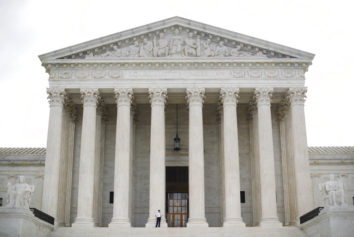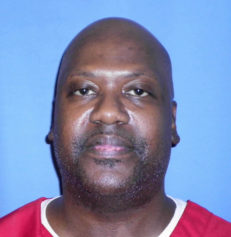By striking down the provision of the Voting Rights Act that determines which localities receive special scrutiny, the Supreme Court decision has election experts and concerned legislators scrambling to figure out to continue to protect the rights of the most vulnerable and frequently exploited American voters.
The court’s 5-4 decision struck down Section 4 of the Voting Rights Act, which determined which parts of the country must, as stipulated by Section 5 of the VRA, submit changes in their election laws for federal approval. The formula in Section 4 was based on local election laws and voter registration statistics from 1964.
Commentators in publications ranging from the Huffington Post to the New York Times have offered analyses, coming up with a variety of ways new voting rights laws could see passage in the next several years to counter what the Supreme Court has done. But they all agree that such change will be extremely difficult and unlikely in the near term.
The Supreme Court essentially threw the issue back to Congress—although ironically Congress in 2006 voted 98-0 in the Senate and 390-33 in the House to extend the Voting Rights Act another 25 years.
“What is needed now is a new coalition — as loud and as angry as the voices of 1965 — to demand that Republican lawmakers join Democrats in restoring fairness to the election system,” wrote the New York Times editorial board.
“Discrimination at the ballot box continues and is growing. It comes in more forms than it did a half-century ago, but it is no less pernicious. Instead of literacy tests, we now have rigid identification requirements. Instead of poll taxes, we now have bans on early voting, cutbacks in the number of urban precincts, and groups that descend on minority districts to comb the registration rolls for spelling errors.”
The Times posits that Congress should revise Section 3 of the act to put a state under coverage of the federal government when it makes a voting change “with a disparate racial impact, not just discriminatory intent.”
Under Section 2 of the act, departments or private citizens have the right to sue any local or state government for an improper election practice. Though the Times concedes these suits are expensive and difficult, it says they are likely to become the principal tool for enforcing voting rights.
This is exactly what happened in Texas the day after the court’s decision, when a group of black and Hispanic Texas residents filed a Section 2 lawsuit in Corpus Christi to stop the state’s revived voter ID law.
According to the Times, the most fundamental change Congress could make would be to pass a law declaring a universal right to vote that could not be infringed by any level of government—as opposed to the focus on racial discrimination in the Voting Rights Act.
“Discrimination has now broadened to encompass more groups of different kinds, and it is time for a broader law, especially given the Supreme Court’s clear intent to dismantle all racial protections,” the Times said.
Richard Pildes, an NYU law professor, said Congress should create some kind of broad, national voter protection provision that would simplify voter registration, improve the process so it does not involve hours of waiting in line and make it easy for people in states across the country—not just those in Section 4 states—to file suit against laws that complicate voting.
In his reaction to the court ruling, President Obama seemed to be leaning in this direction.
“The good news is that there are other potential remedies, and the most important one is to simply make sure that everybody around the country can vote and that everywhere around the country we’re not seeing seven-hour lines — we’re not seeing mechanisms put in place to make it harder for people to vote, but rather we should have mechanisms that make it easier to vote,” he said. “And that is within Congress’s power. Congress doesn’t have to target or identify a particular jurisdiction. What it can do now is to say, regardless of where you are — regardless of where you live — there are going to be certain rules that apply to elections.”


